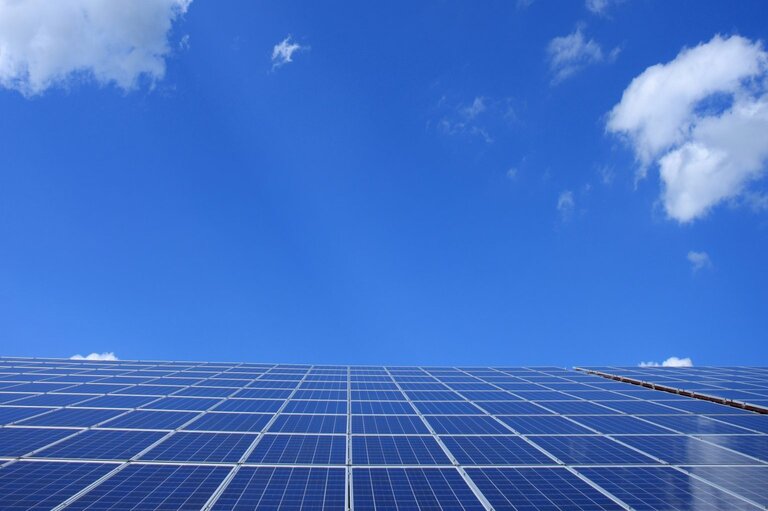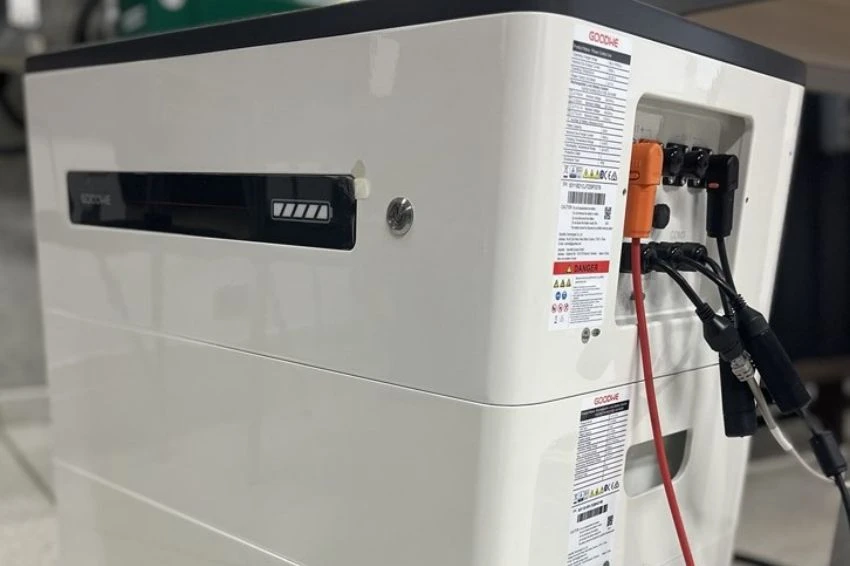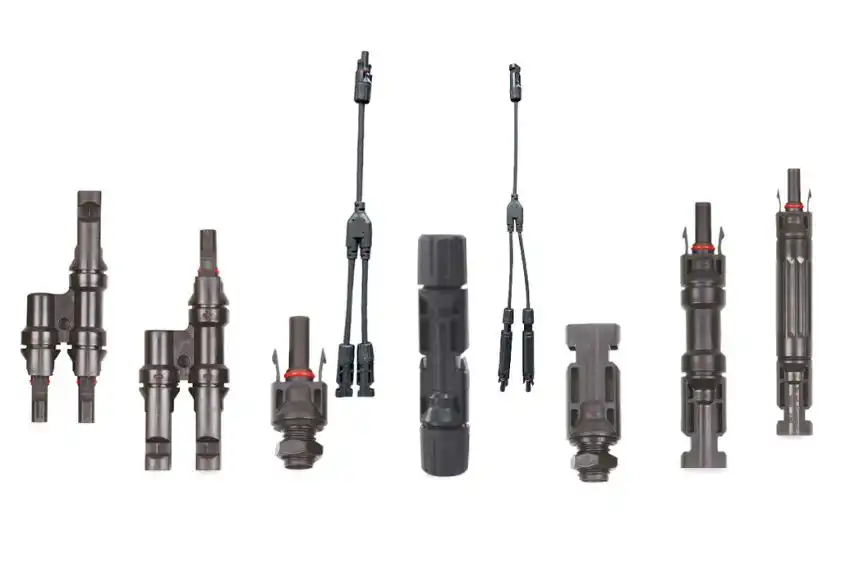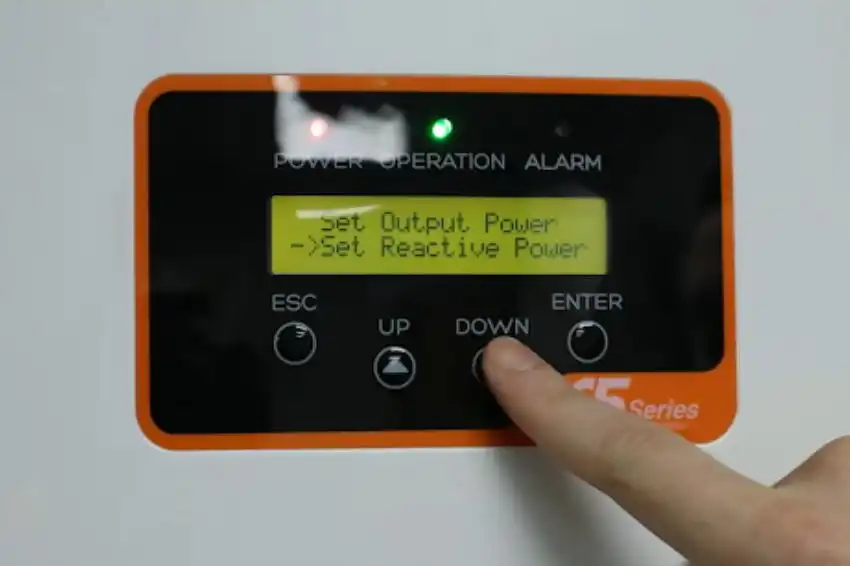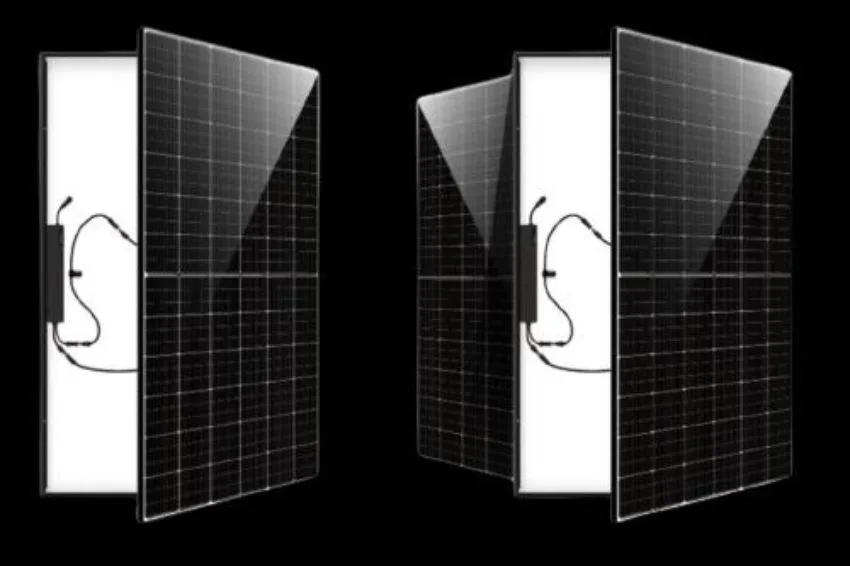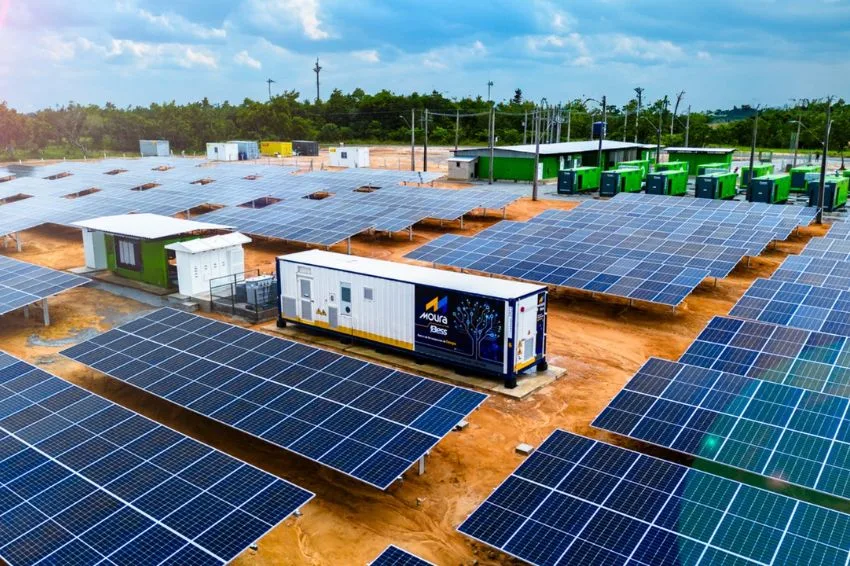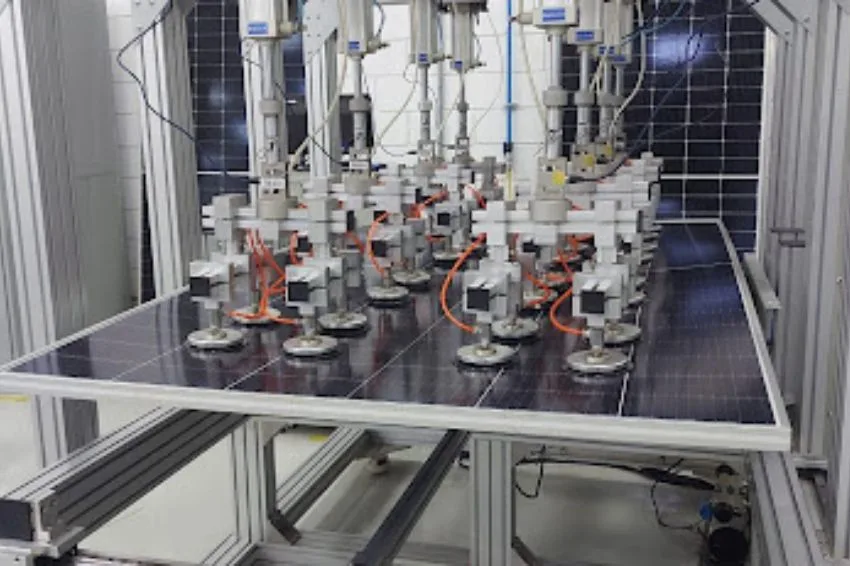The growth of photovoltaic solar generation depends on its competitiveness compared to other forms of energy generation, which involves maintaining minimum standards of efficiency, reliability and safety of photovoltaic systems. The good quality of these systems is essential for investors to direct their resources to this sector, as it is directly involved with the economic evaluation parameters used in making decisions about resource allocation. In engineering, quality is something objective and measurable, which can mean efficiency, reliability and life cycle cost in a photovoltaic system [1]. Through technical standards, minimum safety and performance requirements are established, which all services or products provided in the country must follow (Figure 1). In this way, the quality of existing photovoltaic systems in Brazil is directly linked to their suitability for ABNT technical standards or, in their absence, international standards [2] accepted in Brazil, such as those IEC standards. Although ABNT technical standards are not laws, they are used by regulatory standards of the Ministry of Economy and by consumer protection code, which gives them power and effectiveness.

Quality can be defined subjectively as the individual or collective perception of the satisfaction obtained with a given situation [3]. This perception is influenced by culture, education, moment and expectation. The needs of those who evaluate interfere in the assessment of quality. Therefore, the emergence of the concept of perceived quality, which is characterized by a high degree of subjectivity, unlike objective quality, and its existence can be a reason for divergence between people involved in the same evaluation process, as being subjective it may exist for some and not for others, or exist in different degrees of evaluation. Objectively, quality corresponds to the conformity of a product or service to the requirements previously established by those who will use it. Objective quality must necessarily allow it to be proven through measurable parameters, which is why companies invest in quality management, seeking to achieve indexes established in technical standards. NBR ISO 9001:20015 It is NBR ISO 14000:2015. As intuitive as the concept of quality may be for consumers, as they certainly prefer to have quality products, it is necessary to distinguish between the concepts of value and quality, as the value of a product or service is determined by customers as a result of perception. that they have from the benefits that something provides them, minus the resources necessary to obtain it. In this way, perceived quality is the consumer's judgment about the advantages brought by a product or service, without considering the resources necessary to obtain them and whether or not this exchange would be fair. Therefore, a photovoltaic system, for example, could be perceived by consumers as high quality but low value or, although less likely, low quality but high value [4]. Although the concept of perceived value is still relatively recent, many actors in the photovoltaic sector believe that quality and the value perceived by users of photovoltaic systems, prosumers (consumer units that have their own generation), mean the same thing and if quality is increased, there will be an immediate increase in perceived value. It is possible to affirm that this idea is not correct and the growth of photovoltaic generation in Brazil will not be the result of voluntarism, but rather of public policies, in which aspects linked to the establishment of minimum quality standards will play a fundamental role. Although photovoltaic generation is seen as positive and environmentally friendly, it is currently not possible to say whether and how much consumers would be willing to pay extra for the consumption of energy generated through photovoltaic systems. One research carried out in Australia demonstrated that consumers in that country would prefer to stay in hotels whose energy was supplied by renewable sources, due to the environmental aspects involved. But she also indicated that these same clients would not be willing to pay more expensive daily rates for this, or at most would admit to paying a little more in this case. As objective quality is not something abstract, it depends on well-defined physical and institutional factors such as an efficient legal system, human capital and adequate infrastructure. This quality chain involves the training of labor, the development of technical standards and the creation of a competitive supply network. For these elements to flourish, it is essential to engagement of public agents, engineering colleges, research centers, private companies and professional associations. The Brazilian photovoltaic solar generation sector still lacks quantitative quality indicators. Product or service suppliers do not provide information that could compromise the reputation of their products, certifying bodies are not accessible to consumers and technology changes so quickly that it does not allow the consolidation of some solutions. At the same time, as design and installation are two of the main causes of failures in photovoltaic systems, it would be extremely important to have sufficiently agile mechanisms to punish companies and professionals who provide services without a minimum level of quality. For this reason, a mandatory or voluntary certification program for photovoltaic systems should be established, something that has not thrived in conventional electrical installations, in medium or low voltage, but could be implemented for photovoltaic systems. Because issues such as shading, space availability and module positioning affect the efficiency of photovoltaic systems, each project must be developed carefully, with the professional capacity of the responsible designer being essential (Figure 2). In this case, it will be very important to evaluate the relationship between the amount paid for the project and the life cycle cost of the photovoltaic system, otherwise this investment could present negative results.

As photovoltaic systems with the same power may have different characteristics, it is necessary to carefully evaluate the cost-benefit ratio of each solution adopted, as a cheaper alternative may be the result of less durable components, or a more expensive one may mean a system much more efficient photovoltaic system, something that can only be truly assessed by qualified and experienced professionals. Due to the importance of the human factor in the efficiency and safety of photovoltaic systems, without qualified workers it is not possible to implement efficient production systems, with the role of the education sector being professional training and providing the necessary basis to support technological processes that add value and allow a long-term economic growth. This point is fundamental for the photovoltaic solar energy sector. It is not enough to create qualified labor to meet demand, but it is also necessary to ensure that its professionals do not have their remuneration degraded by predatory competition, where highly qualified people are passed over by professionals without the necessary training, who are attracted by a market which appears heated (Figure 3).

In developed countries, market mechanisms are regulated by the supervisory role of the State. If a professional causes harm to their clients, or to society in general, they will be punished quickly and proportionately to the harm they caused, thus deterring the repetition of such practices and preventing competition, which is healthy, from becoming predatory. From what has been said, there are obstacles to increasing the quality of photovoltaic systems in Brazil, because many issues are beyond the possibilities of professionals in this segment, involving structural changes in the country. Even so, there is a wide range of actions that can be taken by sector agents, so that the growth of the photovoltaic solar energy sector in Brazil creates all the wealth it has the potential to generate.
References
- [1] JANNUZZI, Gilberto de Martino; SWISHER, Joel; REDLINGER, Robert. Integrated Energy Resources Planning. Supply, demand and their interfaces. International Energy Initiative (IEI) Brazil. Campinas 2018.
- [2] International standards are not standards from any country used without any criteria. Brazil recognizes as valid, in the absence of specific national standards, the technical standards of Mercosur or IEC
- [3] GOMES, Paulo JP The evolution of the concept of quality: from manufactured goods to information services. Cadernos Bad, v.2004, n.2, p6-18, 2004.
- [4] SANTOS, Sergio Roberto Silva. Study of the relationship between sales value and perceived quality: an application to surge protection devices. Course completion work presented to the Center for Science and Technology for Sustainability at the Federal University of São Carlos, Sorocaba campus, to obtain the title of Specialist in Economics & Business. Sorocaba, São Paulo. 2017.


